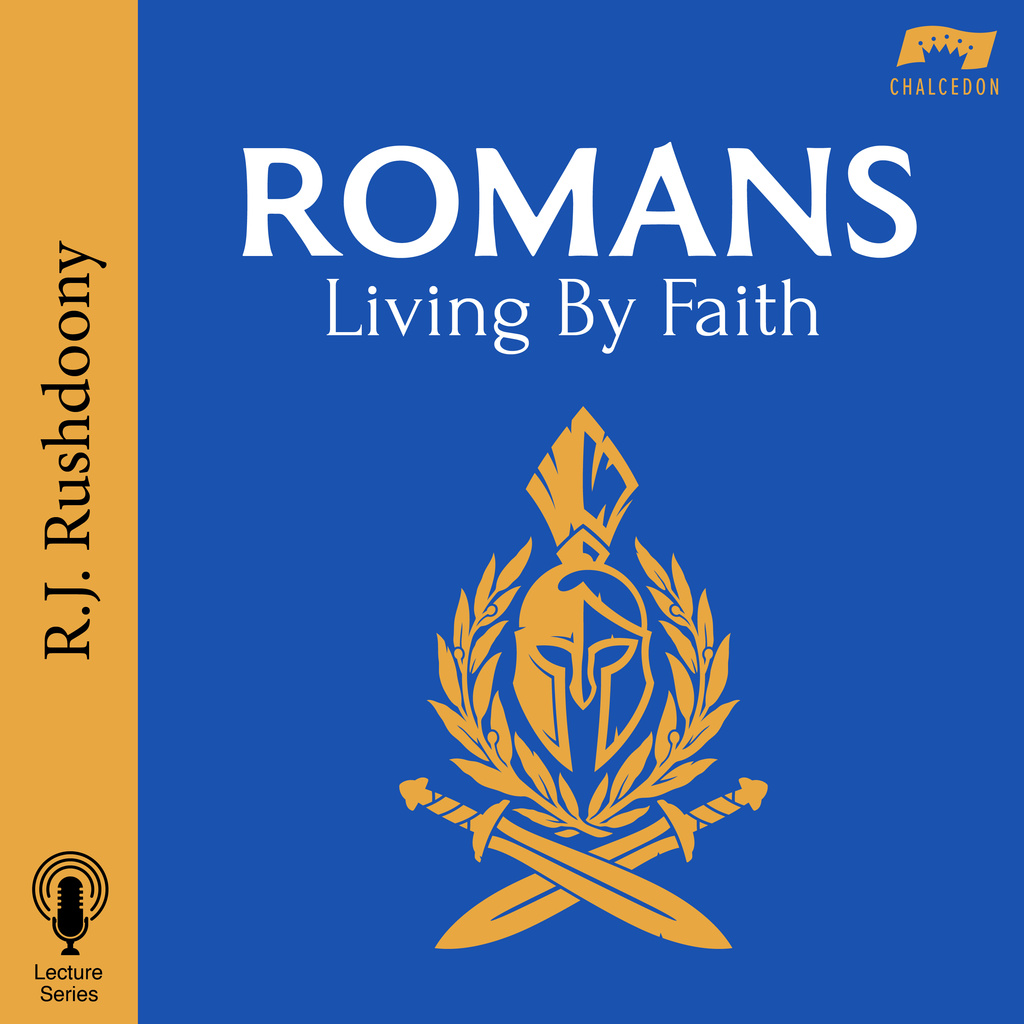
The Promise
What is Paul doing? He is clearing the ground, so that no man can boast before God. He says it is not circumcision, it is not baptism, it is not being born of the line of Abraham or being born in a Christian family, it is not how faithful you are to the Ten Commandments; it is none of these things. It is the work of God in Christ. Then within that context, these things have their place. It is a blessing to be born in a Christian family, it is a blessing to be baptized and to be reared in the nurture and admonition of the Lord as baptism requires, it is a blessing to keep the Law and a requirement. But these things follow after our salvation.

- R. J. Rushdoony
What is Paul doing? He is clearing the ground, so that no man can boast before God. He says it is not circumcision, it is not baptism, it is not being born of the line of Abraham or being born in a Christian family, it is not how faithful you are to the Ten Commandments; it is none of these things. It is the work of God in Christ. Then within that context, these things have their place. It is a blessing to be born in a Christian family, it is a blessing to be baptized and to be reared in the nurture and admonition of the Lord as baptism requires, it is a blessing to keep the Law and a requirement. But these things follow after our salvation.

- R. J. Rushdoony
Rev. R.J. Rushdoony (1916–2001), was a leading theologian, church/state expert, and author of numerous works on the application of Biblical law to society. He started the Chalcedon Foundation in 1965. His Institutes of Biblical Law (1973) began the contemporary theonomy movement which posits the validity of Biblical law as God’s standard of obedience for all. He therefore saw God’s law as the basis of the modern Christian response to the cultural decline, one he attributed to the church’s false view of God’s law being opposed to His grace. This broad Christian response he described as “Christian Reconstruction.” He is credited with igniting the modern Christian school and homeschooling movements in the mid to late 20th century. He also traveled extensively lecturing and serving as an expert witness in numerous court cases regarding religious liberty. Many ministry and educational efforts that continue today, took their philosophical and Biblical roots from his lectures and books.